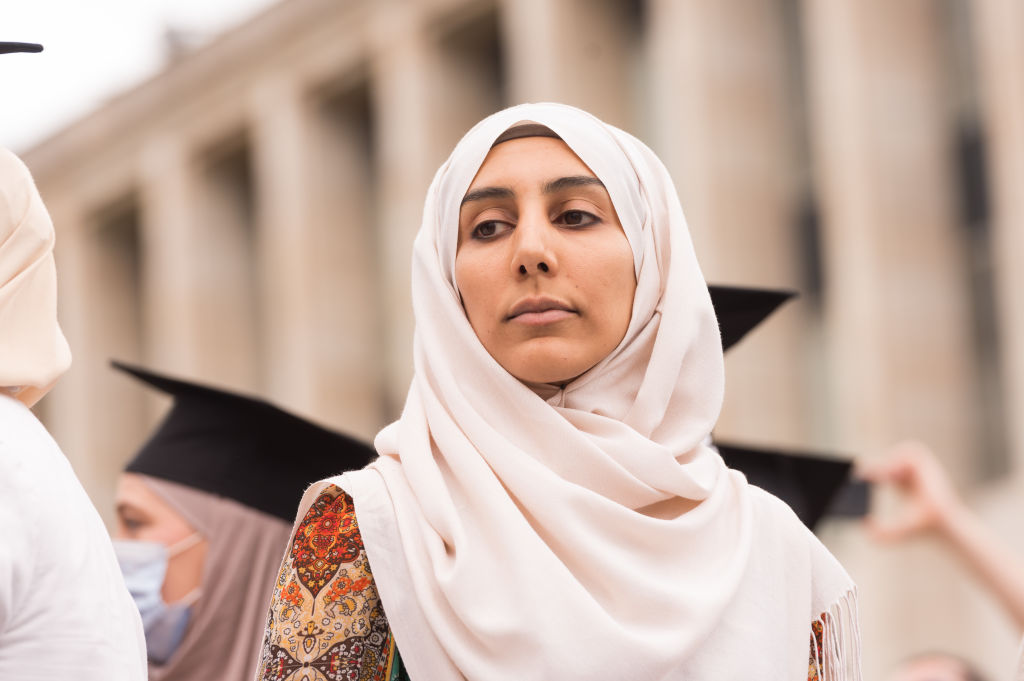The Hijab ban, which was posted on the government’s website on October 16, stated that the school uniform requirements prohibit the wearing of any attribute, symbol, or element that implies propaganda of the dogma to which they relate.
According to official figures, almost 70% of Kazakhstan’s population practices Islam. However, the country also has a diverse ethnic and religious composition, with minorities such as Christians, Buddhists, Jews, and others.
The ban also applies to teachers and staff in educational institutions. However, it does not affect the wearing of the hijab outside of schools.
The government’s decision has been met with mixed reactions from the public, with some supporting it as a way to preserve the secular nature of the state, and others opposing it as a violation of human rights and religious freedom.
The ban has also triggered protests from some students and parents who refuse to comply with it. In some regions, such as Atyrau and Turkestan, some girls have dropped out of school rather than take off their hijabs. In one case, two men reportedly assaulted a school director for not allowing girls wearing hijabs to attend classes.
On social media, some activists have launched campaigns to express their solidarity with the hijab-wearing students. They have posted photos and videos of themselves wearing hijabs or asking others to try them on. They have also used hashtags such as #hijabisnotacrime and #hijabmychoice to voice their opinions.
Some prominent figures have also joined the debate, including Togjan Qojaly, a member of the Almaty social council, who told Deutsche Welle that she believes the ban is illegal and discriminates against Muslim women.
On the other hand, some experts and officials have defended the ban as a necessary measure to maintain a secular education system and prevent radicalization. They argue that the hijab is not a traditional or cultural symbol in Kazakhstan, but rather a sign of foreign influence and extremism.
President Kassym-Jomart Tokayev also weighed in on the issue, saying that he supports the ban as a way to ensure equality and neutrality in schools. He added that children should decide for themselves when they grow up and develop their own worldview.
The hijab ban is not a new issue in Kazakhstan, as it has been debated for several years. In 2016, the Education Ministry issued a decree on student uniforms that prohibited religious symbols at school. However, the decree was not strictly enforced until recently.
The ban has also raised questions about Kazakhstan’s international obligations and commitments. The country is a signatory to several human rights treaties and conventions that protect freedom of religion and expression. It is also a member of the Organization of Islamic Cooperation (OIC), which has expressed its concern over the ban and urged Kazakhstan to respect the rights of its Muslim citizens.
Read more news like this









